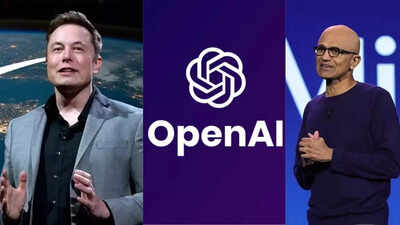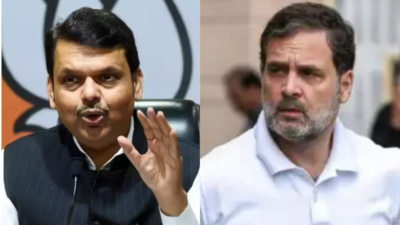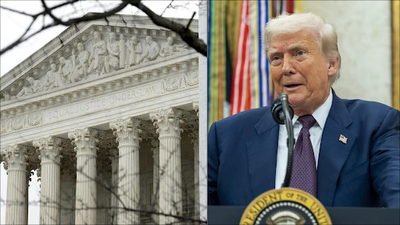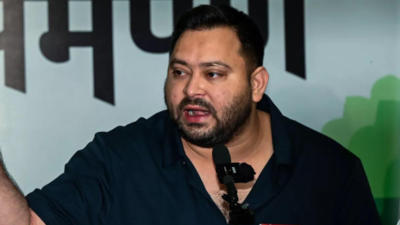Elon Musk says “OpenAI will eat Microsoft alive” as Nadella champions GPT-5 rollout |

In a statement that has reignited tensions in the AI industry, Elon Musk claimed that OpenAI is poised to “eat Microsoft alive,” just as Microsoft CEO Satya Nadella announced full integration of GPT-5 across Microsoft’s ecosystem. The comment came shortly after OpenAI unveiled its most advanced model yet, GPT-5, which Nadella hailed as a breakthrough in reasoning, coding, and conversational capabilities. Despite being a major OpenAI backer, Microsoft now finds itself navigating a complex landscape, balancing support for its AI partner while facing growing competition from Musk’s xAI and its rapidly advancing Grok models.
Elon Musk turns on ‘OpenAI’ and GPT-5 becomes the battleground
Musk responded to Nadella’s post by asserting that OpenAI was on track to “eat Microsoft alive,” despite Microsoft’s infrastructure role in GPT-5’s deployment. Doubling down, Musk claimed that xAI’s Grok 4 Heavy model had already surpassed GPT-5 in intelligence two weeks prior, saying, “G4H is already a lot better. Let that sink in.” He further teased Grok 5, which he said would be released before the end of 2025 and described it as “crushingly good.”Musk’s provocative statement likely stems from a growing concern that OpenAI’s rapid evolution may eventually leave Microsoft with less strategic leverage, even as it continues to host and fund the models. OpenAI’s increasing valuation, expanding compute resources, and reported negotiations to reduce Microsoft’s revenue share all point to a shift in control within the partnership. His comment may be aimed at highlighting what he sees as Microsoft’s diminishing influence over an increasingly independent and powerful entity.Moreover, Musk may also be signaling that Microsoft has become overly dependent on OpenAI’s roadmap to drive innovation across its products, potentially leaving it vulnerable if OpenAI chooses to assert more autonomy or shift to its own cloud infrastructure in the future. The remark functions both as a warning and a taunt. It suggests that while Microsoft helped elevate OpenAI, it may now struggle to rein in or outpace its own creation.Ironically, Musk wasn’t always OpenAI’s loudest opponent. He was one of its original architects. Back in 2015, he co-founded the company with Sam Altman and others, throwing in big promises and big money to help steer AI toward humanity’s benefit. But fast forward to 2025 and the narrative has flipped. Musk walked away from the board in 2018, frustrated by conflicts and what he later framed as a betrayal of OpenAI’s “open” mission. Now, from the helm of rival xAI, he’s not just competing. He’s launching verbal missiles at the very project he helped create.
Satya Nadella hails GPT-5 as a milestone model
Satya Nadella, in a post on X (formerly Twitter), described GPT-5 as “the most capable model yet” and confirmed its integration across Microsoft’s flagship AI products, including Microsoft 365 Copilot, GitHub Copilot, and Azure AI Foundry. He emphasized the model’s enhanced reasoning capabilities, faster performance, and improved reliability when tackling complex prompts. Notably, GPT-5 introduces public access to OpenAI’s test-time compute feature, technology that dynamically allocates additional computational resources during inference to improve output quality in real time.Microsoft, which has poured $13 billion into OpenAI since their partnership began, continues to bet big on GPT models as the engine behind its AI transformation. From productivity suites to cloud offerings, Nadella framed GPT-5 as a foundational leap that will accelerate innovation for enterprises and developers alike. The company’s strategy appears focused on embedding advanced generative AI into every layer of its ecosystem, cementing GPT-5 as both a commercial milestone and a cornerstone of Microsoft’s future-facing vision.
AI giants headed for collision course
As xAI continues to improve Grok and OpenAI advances GPT, the competition is no longer confined to technical superiority. It now spans cloud infrastructure, enterprise tools, and public perception. A 2023 MIT study noted that diversified AI ecosystems are critical to avoiding single-vendor dependence, a challenge both Microsoft and its partners are now facing.Whether this rivalry ends in disruption or deeper collaboration, one thing is clear: the battle for AI supremacy is accelerating, and the lines between partner and competitor are blurrier than ever.





